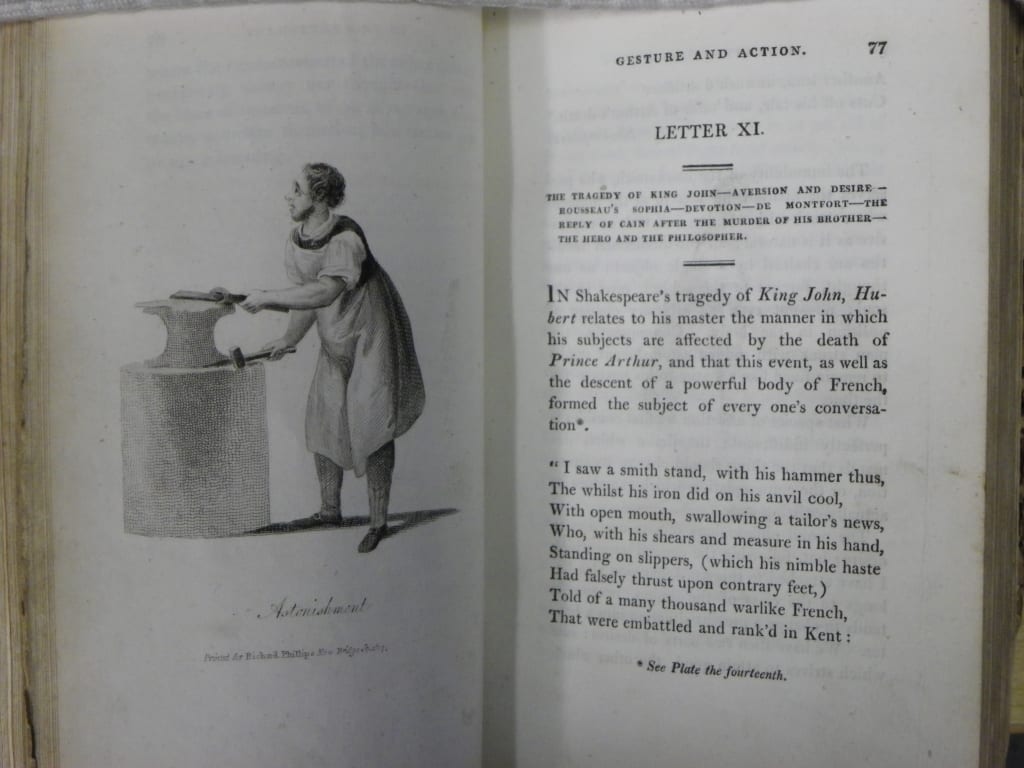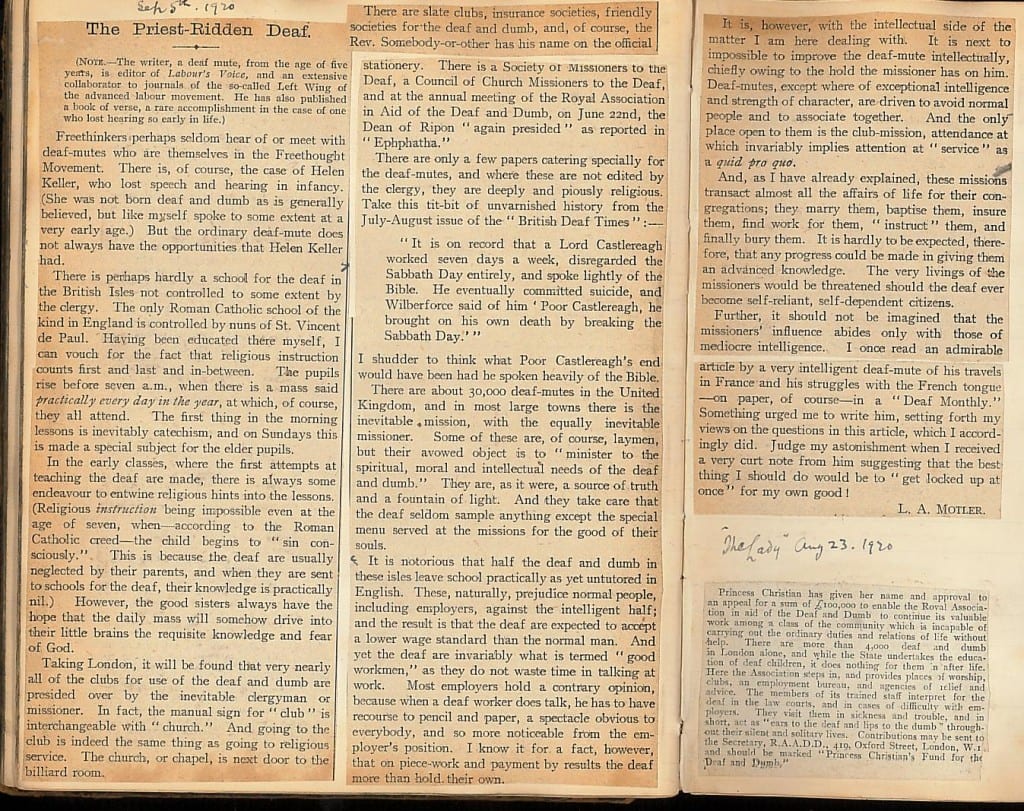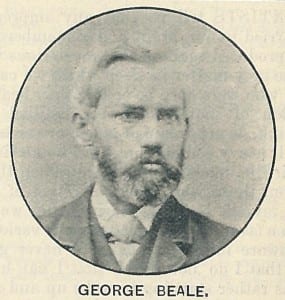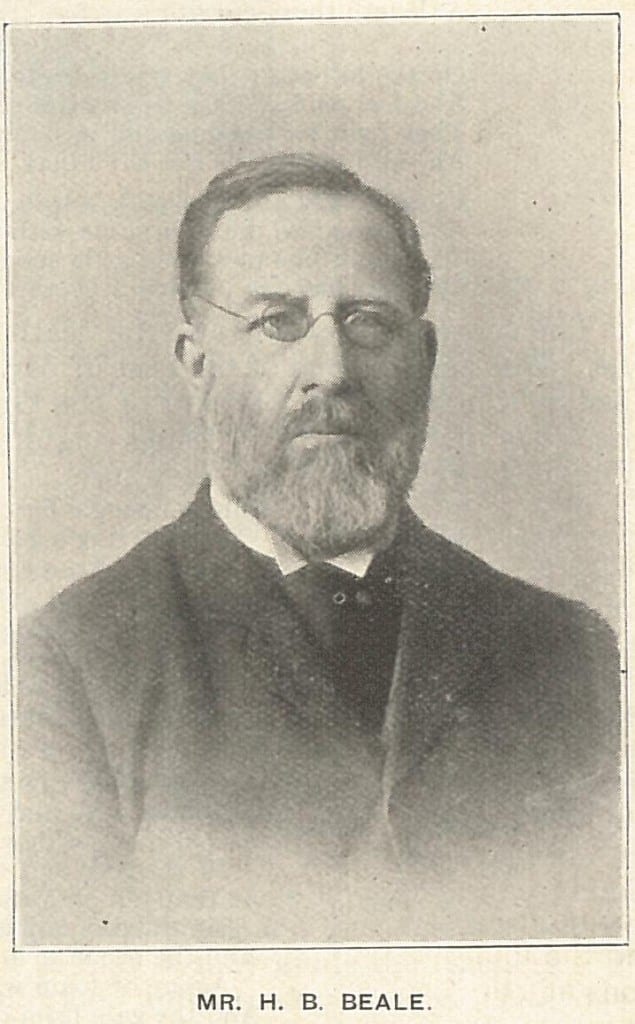This is intended to suggest some reading about how BSL came to be recognised by the British Government. Feel free to suggest other source material.
- In 1987/88 the British Deaf Association mounted a campaign calling for the official recognition of BSL. The campaign report (see below) included the text of the EC regulation for official recognition of sign languages, which was successfully debated at Strasbourg in June 1988.
BRITISH DEAF ASSOCIATION. BSL – Britain’s fourth language: the case for official recognition for British Sign Language. BDA, 1987.
The European Parliament gave its total support for the recognition of Sign Languages. British Deaf News, 1988, Jul, 1.
- At the 3rd European Congress on Sign Language Research held in Hamburg in July 1989, delegates agreed a statement which lists the political action needed to alter the current situation.
Statement on the recognition of the national sign languages of the deaf. Prillwitz, S. and Vollhaber, T. Current trends in European sign language research. Signum Press, 1990. pp. 404-06.
- A written question on official recognition of BSL was put to the Prime Minister by Jack Ashley, MP and answered by the PM (John Major) on Tuesday 18 June 1991. The extract from Hansard is as follows:
“MR JACK ASHLEY: To ask the Prime Minister, what is Her Majesty’s Government’s policy towards the recommendation of the EEC resolution of June 1988; and if he will give official recognition to British Sign for the Deaf.
THE PRIME MINISTER: The Government has noted the terms of the resolution on sign languages for deaf people adopted by the European Parliament in June 1988. We fully recognise the right of deaf people to use their preferred method of communication, including British Sign Language, and have grant aided a variety of organisations concerned with the promotion and development of sign languages and other communication techniques.”
- Jack Ashley also tabled an Early Day Motion calling upon the Government to give official recognition to BSL and to remedy the current shortage of fully trained interpreters (EDM 943).
Sign Language. British Deaf News. 1991, Sep, 5.
- A motion for the recognition of BSL as an official UK language failed to be accepted at the Labour Party Conference in 1997 because of the complications of the voting system.
Labour fails to recognise Sign Language. British Deaf News, 1998, Jan, 3.
- The European Parliament reiterated its support for the rights of deaf people to use sign language as their preferred language with a second resolution on sign languages. Richard Howitt, MEP, announced the intention of asking the European Commission what had been done to implement the resolution.
Resolution on sign languages voted in European Parliament 10 years ago. EUD Update, 1998, May, 1.
- The CACDP and BDA asked the Government why BSL is not included in the European Charter for Minority Languages.
European recognition for Gaelic – what about BSL? British Deaf News, 1998, Aug, 1.
No recognition for BSL in Euro Charter. CACDP Standard, 1998, 33, 1.
- BDA gave evidence to the All Party Parliamentary Committee on Disablement, as a first step in the BDA campaign to get BSL recognised as a minority language under the European Minority Languages Charter which the UK signed.
BDA takes campaign to Parliament. British Deaf News, 1999, Jun, 1.
- Federation of Deaf People organised a march to present a petition calling for official recognition of British Sign Language at No. 10, Downing Street, June 1999.
4,000 march for British Sign Language. British Deaf News, 1999, Aug, 1, 6-7.
It’s our right to choose. Disability Times. 1999, Aug/Sep, 5.
RNID News Review, 1999, 28 Aug-10 Sep, 36.
Sign of the times. Disability Now, 1999, Aug, 1. (photo only)
- UNISON (the UK’s largest trade union) supported a campaign for official recognition of BSL.
Unison joins campaign for BSL to be recognised. British Deaf News, 1999, Nov, 3.
- British Deaf Association sent a delegation to meet MSPs (Members of the Scottish Parliament) with the aim of getting legislation through the Scottish Parliament in its next session.
British Deaf Association calls on Scottish Parliament to recognise sign language. British Deaf News, 1999, Dec, 7.
- On 16th of February 2000, the Scottish Parliament debated the official recognition of BSL.
Scots leading way on BSL. Disability Now, 2000, Mar, 1.
Historic Scottish Parliament BSL debate. Disability View, 2000, May/Jun, 37.
RNID News Review, 2000, 12-26 May, 21.
- BDA published its sign language policy, to form the basis of a campaign to raise the status of BSL.
BDA sign language policy: summary of feedback from consultants. British Deaf News, 2000, Apr, 14-15.
- Federation of Deaf People organises further marches in support of official recognition of BSL, summer 2000.
DAY, L. BSL recognition for Bristol! British Deaf news, 2000, Dec, 20.
My experience at the BSL Rally. Deaf Arts UK, 2000, 13, 12-13 (Deaf children talk about their performances in Trafalgar Square.)
- British Deaf Association launched a poster campaign calling for the official recognition of BSL, Autumn 2000.
The BDA shows the finger to the Government. British Deaf News, 2000, Nov, 16.
Poster hands out strong message. Disability Now, 2000, Nov, 4.
- The London Borough of Barnet recognised BSL as an official Community Language.
Barnet recognises BSL. CACDP Standard, 2000, 42, 9.
- The UK Council on Deafness organised a submission to the Disability Rights Commission calling for the official recognition of BSL: 25 out of 37 members signed the submission; 3 members specifically said they were unable to sign the submission – DELTA, the Ewing Foundation, and the RNID.
Deaf organisations join forces for official recognition. British Deaf News, 2000, Dec, 14.
BSL submission. Bulletin (UKCOD), 2001, Spring, 1.
- The Disability Rights Commission published its advice to the Government on recognition of BSL.
See DRC website at: www.drc-gb.org
Sign language campaigners step up pressure on the Government. British Deaf News, 2001, Feb, 15.
- BDA leaders met Margaret Hodge, Minister for Disabled people, to press for immediate action on BSL recognition.
BDA update: BSL recognition. British Deaf News, 2001, May, 21.
- Police arrested protestors as a splinter group at a Wolverhampton rally in support of BSL recognition blocked city centre traffic.
Six arrested in Wolverhampton protest. British Deaf News, 2001, May, 6-7.
Delegation of representatives from deaf organisations meets Maria Eagle, Minister for Disabled people, on 31 January 2002. Magazine (BATOD), 2002, Apr, 46.
- Letter to Maria Eagle, drawing parallels with the Cornish language, September 2002.
BSL rec update. Information Bulletin (FDP), 2002, 6(2), 3.
- Malcolm Bruce took up ‘recognition of sign languages’ challenge
British Deaf News, 2003, Jan, 13.
- On 19 December 2002, MEPs voted in support of a Conservative proposal, which gave sign language its first recognition as a minority language.
British Deaf News, 2003, Feb, 13.
- On 18 March 2003 the Government made a formal statement that it recognised that BSL is a language in its own right (quoting an estimated 70,000 people whose preferred language it is), and promising to invest £1 million in a programme of initiatives to support this statement.
British Deaf News, 2003, Apr, 5-7. (with text of statement); May, 26.
CACDP Standard, 2003, 52, 1-2.
WFD News. 2003, 16(2), 38. (with text of statement)
- British Deaf News published results of its survey of city councils’ recognition of BSL
BSL recognition: city councils. British Deaf news, 2003, Jun, 12-13.
Articles:
ATHERTON, M. Welsh today, B.S.L. tomorrow? Deaf Worlds, 1999, 15(1), 11-15.
DARBY, A. and REDHEAD, C. Social work with deaf people. Deaf Worlds, 2000, 16(3), 69-73. (p. 73 refers to what recognition of BSL implies.)
BOWMAN, C. Official recognition of BSL: some insights from the Welsh Language Act 1993. Deaf Worlds, 2001, 17(1), 7-13.
KRAUSNEKER, V. Sign languages and the minority language policy of the European Union. In METZGER, M. Bilingualism and identity in deaf communities. 2000, Gallaudet University Press. pp. 142-158. (RNID Library location: UTB TNX)
KRAUSNEKER, V. Sign languages of Europe – future chances. In LEESON, L. Looking forward: EUD in the 3rd millenium…. 2001, Douglas McLean. pp. 64-73. (RNID Library location: Conf Coll/1998)
The status of sign languages in the European Union in 2001, and Overview of country-by-country analysis. EUD Update, 2001, 4(10), 1-30. (pp. 25-26 cover progress in the UK, including legislation to improve status of BSL).
AQUILINE C-A. Sign language recognition. WFD News, 2003, 1692), 7. (Lists countries that have recognised sign language with an indication of what ‘official recognition’ is in each country.)
TURNER, G. Government recognition and £1 million boost for British Sign Language. Deaf Worlds, 2003, 19(1), S74-S78.
 Close
Close









